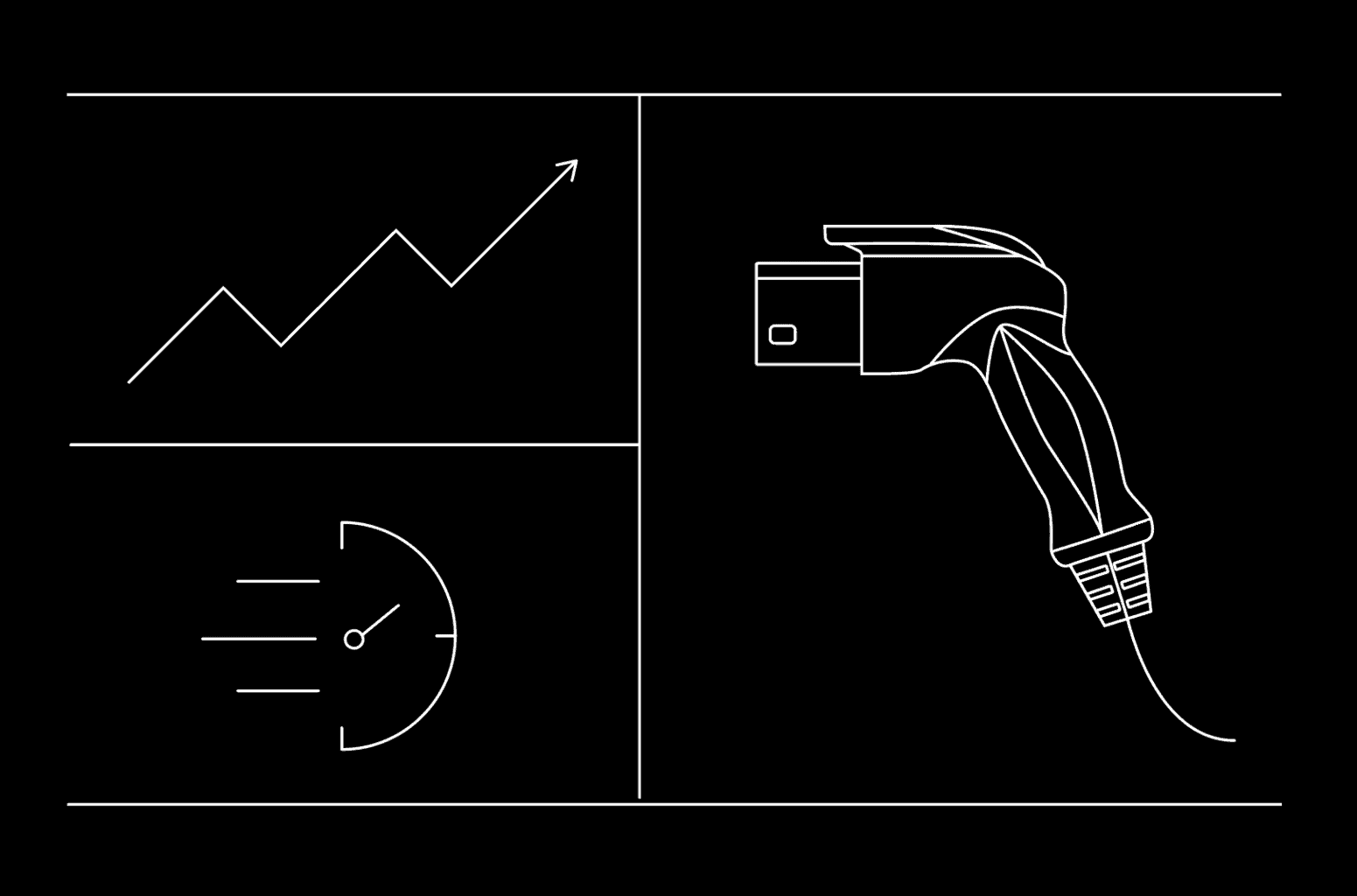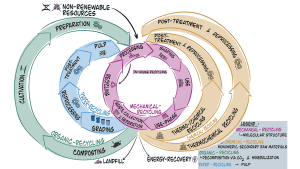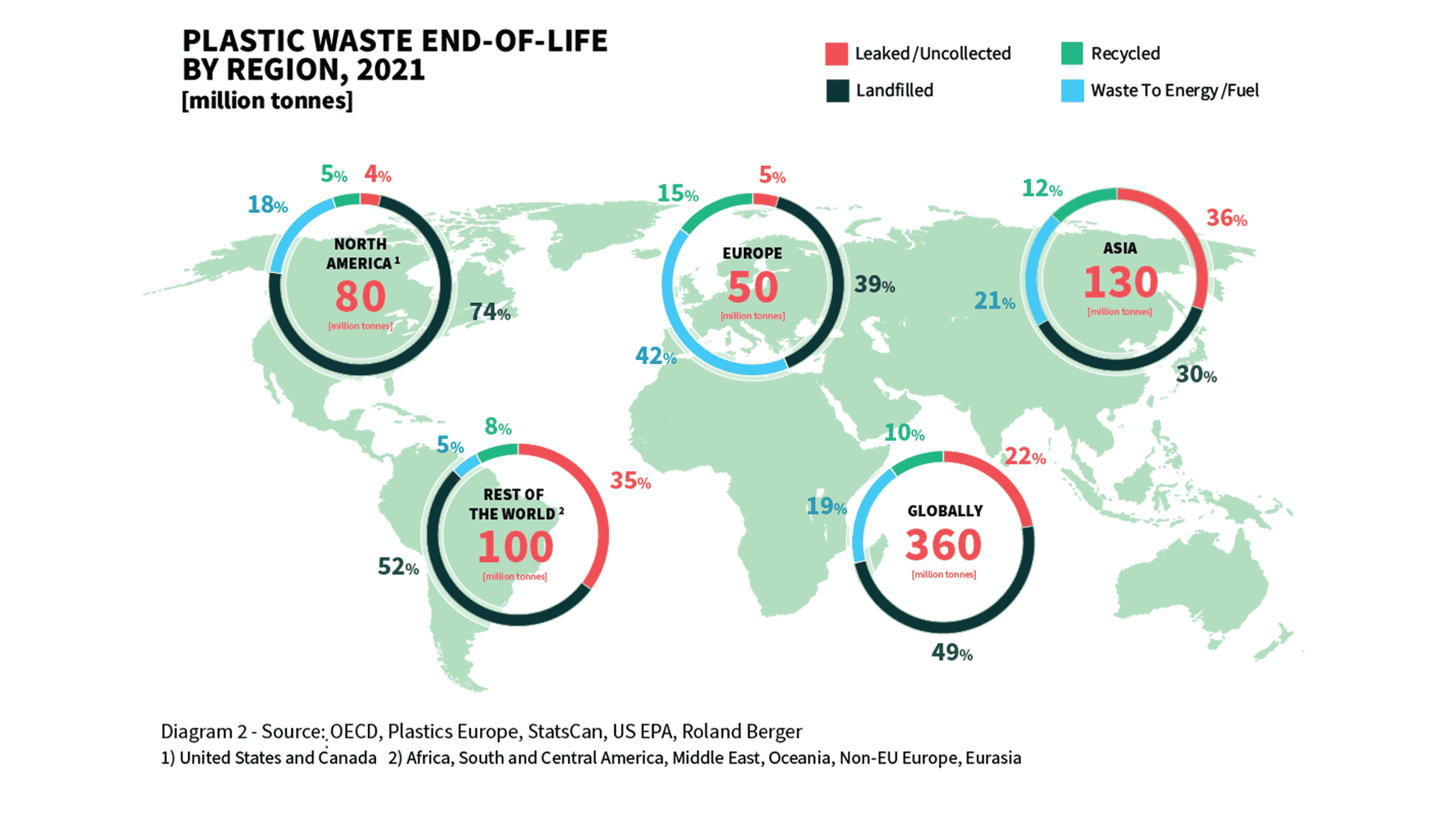The recent UK AI Summit has sparked debate over the intersection of AI regulation and human rights, with French Finance Minister Bruno Le Maire asserting that the summit was not the appropriate venue for discussing the human rights records of participating nations. The summit introduced the Bletchley Declaration, a non-binding document emphasizing the importance of a human-centric approach to AI, including transparency, fairness, and privacy. Despite criticism over the inclusion of countries with questionable human rights records, Le Maire highlighted the importance of international cooperation and the need for inclusive AI regulation. The summit, attended by governments, AI companies, and civil society organizations, was praised as a significant step forward by many, including UK Prime Minister Rishi Sunak. The focus remains on developing pro-innovation, risk-based regulations to prevent the concentration of AI power in a few private companies and to encourage the emergence of a “European OpenAI.” Future AI summits in South Korea and France are expected to continue this dialogue, aiming to balance innovation with stringent regulatory measures to ensure the benefits of AI are safely harnessed for humanity.

Bletchley Declaration: Balancing AI Development with Human Rights and Ethical Oversight at the UK AI Summit
Bruno Le Maire, the finance minister of France, claimed that the UK AI Safety Summit was” not the right place” to discuss the human rights records of the participating nations, despite government pledges to develop artificial intelligence ( AI ) systems that respect people’s rights.
The Bletchley Declaration, a joint communique on the risks and opportunities of the technology that affirmed the need for an inclusive, human-centric approach to ensure its trustworthiness and safety, was released during the Summit’s opening hours by all 28 participating governments and the European Union ( EU).
The non-binding declaration also acknowledged the need to address” the protection of human rights, transparency and explainability, fairness, accountability, regulation, safety, suitable human oversight, ethics, bias mitigation, privacy, and data protection.”
International AI Cooperation and Human Rights: Perspectives from the French Finance Minister at the AI Regulation Summit
The French finance minister, whose government will host another AI Summit in 2024, responded to a question from Computer Weekly about how seriously the declaration’s commitments to human rights should be taken in light of the subpar records of some signatories. He said:” I think it is not the right place to dispute about human Rights and the situation in each country that relates to Human rights and respect for Human Rights.”
“I believe that today’s main goal was to establish a good regulation for the future of AI, avoiding the most substantial risks that can be associated with AI… I think that all European countries are entirely abiding by the rule of law and human rights. This is our purpose.”
Le Maire responded,” It depends if you want to be successful or no,” when asked about China’s participation at the summit, which was widely regarded as a political success among attendees, and whether it is possible to coordinate with its government given its human rights record. He continued,” To find a way forward with AI, everyone needs to be on board.
AI Regulation and Human Rights: The Importance of International Cooperation Highlighted at the Bletchley Summit
It has been the European government’s frequent position to engage China and to keep the door open to frequent work and cooperation, he said.” I think that it was a good and wise decision.
We’re discussing perhaps the most important technological revolution in recent memory.” It would be a mistake to include China. Building on one another is generally a better option. “”
China is not the only nation that has received criticism for its record on human rights after signing the Bletchley Declaration, though. Animal rights activists, as well as government organizations like the US State Department and the Council of Europe, have also had issues with the records of various signatories, such as Turkey, Israel, Saudi Arabia, the Philippines, UAE, Brazil, US, and EU.
The “timely, useful” gathering of governments, secret Artificial companies, and civil society organizations at Bletchley Park was” a very good achievement for excellent minister Rishi Sunak,” Le Maire said to a room of reporters on the last day of the AI Summit.
In addition, he stressed the significance of ongoing international cooperation regarding AI safety in advance of the upcoming AI Summits, which will be held in South Korea and France. He also described the summit’s crowning achievement as the gathering of so many diverse voices around the same table.
AI Regulation Summit: Emphasizing Inclusion, Risk Management, and International Cooperation for Future AI Development
We must exercise some humility in response to this question, he said. Nobody is certain of what synthetic intelligence will look like in the future. Nobody actually knows what the potential long-term risks are. This is why it is crucial for the private companies and the states to work up to consider and implement the second pillars of that regulation.
Le Maire reiterated his caution against the technology becoming concentrated in the hands of a small number of private companies in various nations, echoing the general consensus among attendees that Artificial firms can no longer be left to mark their own homework.
He also emphasized the significance of inclusion as a fundamental tenet guiding further collaboration and the necessity of developing risk-based, pro-innovation AI regulation that would create the conditions for the emergence of” European OpenAI.

AI Regulation and Innovation: Balancing Power and Ensuring Benefits for Humanity at the AI Safety Summit
In line with his worries about power concentrations, he continued, “innovation must come before regulation, and we need to have our unique artificial intelligence built on the nearby model.”
Sunak stated,” I believe the accomplishments of this summit will tip the balance in favor of humanity because they show that we have both the social will and the capability to control this technology and secure its benefits for the long term,” in a press conference held at the conclusion of the AI Summit. ”
He continued,” I genuinely believe that we can make it the best, because properly harnessing this technology could eclipse anything we have ever known,” quoting Stephen Hawking, who asserted that AI will either be the good or the bad thing that will happen to humanity. “












